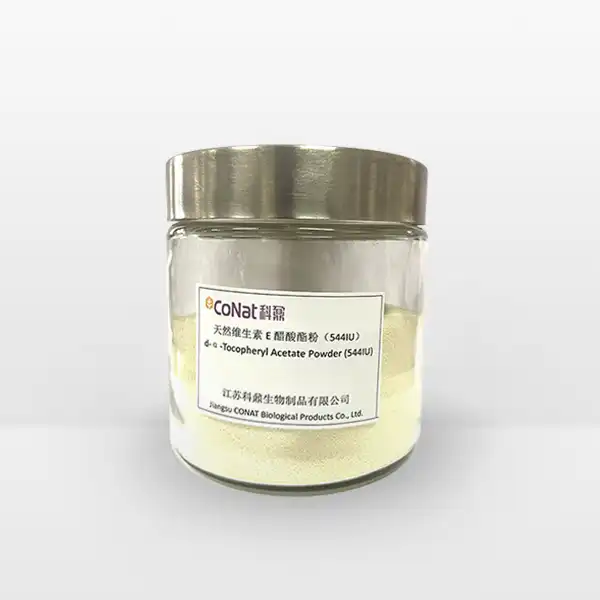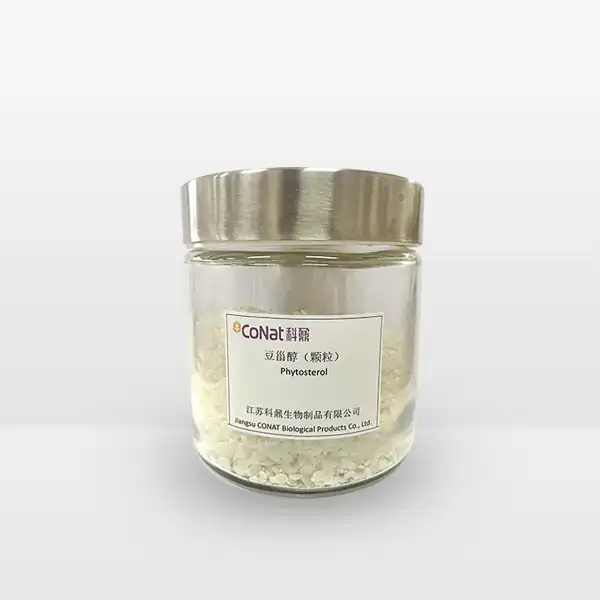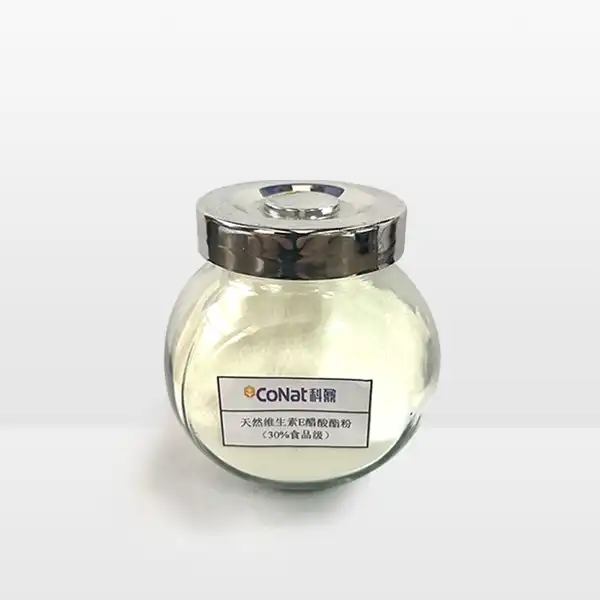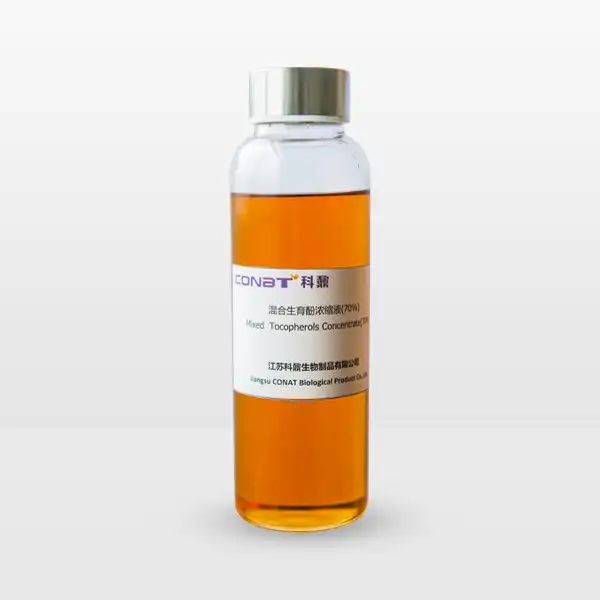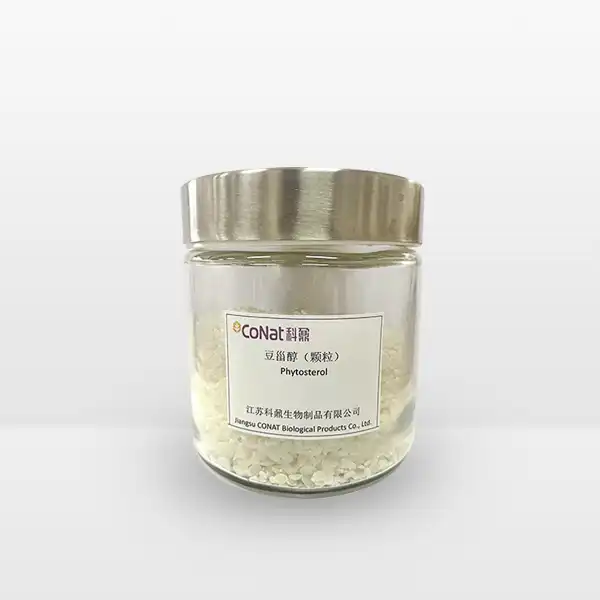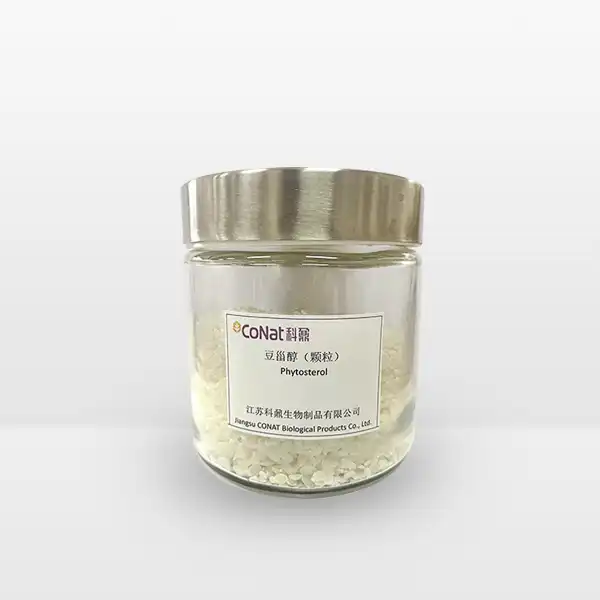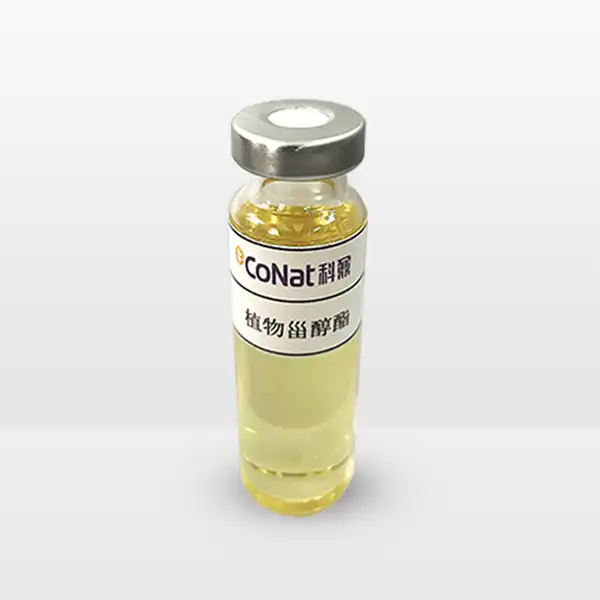- English
- French
- German
- Portuguese
- Spanish
- Russian
- Japanese
- Korean
- Arabic
- Greek
- German
- Turkish
- Italian
- Danish
- Romanian
- Indonesian
- Czech
- Afrikaans
- Swedish
- Polish
- Basque
- Catalan
- Esperanto
- Hindi
- Lao
- Albanian
- Amharic
- Armenian
- Azerbaijani
- Belarusian
- Bengali
- Bosnian
- Bulgarian
- Cebuano
- Chichewa
- Corsican
- Croatian
- Dutch
- Estonian
- Filipino
- Finnish
- Frisian
- Galician
- Georgian
- Gujarati
- Haitian
- Hausa
- Hawaiian
- Hebrew
- Hmong
- Hungarian
- Icelandic
- Igbo
- Javanese
- Kannada
- Kazakh
- Khmer
- Kurdish
- Kyrgyz
- Latin
- Latvian
- Lithuanian
- Luxembou..
- Macedonian
- Malagasy
- Malay
- Malayalam
- Maltese
- Maori
- Marathi
- Mongolian
- Burmese
- Nepali
- Norwegian
- Pashto
- Persian
- Punjabi
- Serbian
- Sesotho
- Sinhala
- Slovak
- Slovenian
- Somali
- Samoan
- Scots Gaelic
- Shona
- Sindhi
- Sundanese
- Swahili
- Tajik
- Tamil
- Telugu
- Thai
- Ukrainian
- Urdu
- Uzbek
- Vietnamese
- Welsh
- Xhosa
- Yiddish
- Yoruba
- Zulu
What is α-Alpha Tocopherol Good For?
α-Alpha Tocopherol, the most biologically active form of vitamin E, is a powerful antioxidant that plays a crucial role in maintaining overall health and wellness. As a fat-soluble vitamin, it protects cell membranes from oxidative damage and supports various bodily functions, from immune system operation to skin health. Its significance in human nutrition has made it a subject of extensive research and scientific interest, leading to its widespread use in both dietary supplements and fortified foods. Found naturally in various food sources such as vegetable oils, nuts, seeds, and green leafy vegetables, α-Alpha Tocopherol has become increasingly important in modern preventive healthcare and wellness strategies.
How Does α-Alpha Tocopherol Benefit Skin Health?
The relationship between α-Alpha Tocopherol and skin health represents one of its most widely recognized benefits. This powerful antioxidant works at both the surface and cellular levels to maintain skin integrity and promote a healthy appearance. At the molecular level, α-Alpha Tocopherol neutralizes free radicals that would otherwise damage skin cells and accelerate aging processes. Its lipid-soluble nature allows it to penetrate deep into the skin's layers, where it provides protection against UV radiation damage and environmental stressors.
Research has shown that α-Alpha Tocopherol supports the skin's natural regeneration process by stimulating collagen production, which helps maintain skin elasticity and reduce the appearance of fine lines and wrinkles. Its anti-inflammatory properties also help calm irritated skin and reduce redness. When applied topically or consumed through diet and supplements, α-Alpha Tocopherol helps maintain the skin's moisture barrier by preventing lipid peroxidation in cell membranes.
Studies have demonstrated that adequate levels of α-Alpha Tocopherol can help protect against photoaging, which is premature aging caused by sun exposure. It works synergistically with vitamin C to provide enhanced photoprotection and support the skin's natural repair mechanisms. Furthermore, α-Alpha Tocopherol has been shown to support wound healing by promoting tissue repair and reducing scarring through its anti-inflammatory and antioxidant actions.
The cosmetic industry has extensively utilized α-Alpha Tocopherol in various skincare formulations due to its proven benefits. When incorporated into moisturizers, serums, and other topical products, it helps improve skin texture and tone while providing essential protection against environmental damage. Recent research has also highlighted its role in supporting the skin's microbiome, contributing to overall skin health and resilience.
What Role Does α-Alpha Tocopherol Play in Heart Health?
α-Alpha Tocopherol's contribution to cardiovascular health is multifaceted and significant. As a powerful antioxidant, it helps prevent the oxidation of low-density lipoprotein (LDL) cholesterol, which is a crucial step in the development of atherosclerosis. By preventing LDL oxidation, α-Alpha Tocopherol helps maintain healthy blood vessel function and reduces the risk of plaque formation in arterial walls.
The vitamin's anti-inflammatory properties also play a crucial role in protecting heart health. Chronic inflammation is a key contributor to cardiovascular disease, and α-Alpha Tocopherol helps modulate inflammatory responses in the body. Research has shown that adequate levels of α-Alpha Tocopherol can help maintain healthy blood pressure levels by supporting proper endothelial function and promoting healthy blood flow.
Additionally, α-Alpha Tocopherol helps maintain the integrity of blood vessel walls by protecting them from oxidative stress and supporting their natural elasticity. This is particularly important for maintaining healthy circulation throughout the body. Studies have indicated that individuals with higher intake of α-Alpha Tocopherol through diet and supplements tend to have better cardiovascular outcomes compared to those with lower intake levels.
The vitamin also supports healthy platelet function, helping to maintain proper blood clotting processes while preventing excessive platelet aggregation. This balanced approach to blood clotting is essential for maintaining optimal cardiovascular health and reducing the risk of complications associated with both excessive and insufficient clotting.
Recent research has also revealed that α-Alpha Tocopherol may help support healthy blood sugar levels and metabolic function, which are closely linked to cardiovascular health. By improving insulin sensitivity and glucose metabolism, α-Alpha Tocopherol contributes to overall metabolic wellness and heart health maintenance.
How Does α-Alpha Tocopherol Support Immune Function?
α-Alpha Tocopherol's role in immune system function is both complex and essential. This powerful antioxidant helps maintain the structural and functional integrity of immune cells, enabling them to respond effectively to various challenges. It supports both innate and adaptive immune responses, making it a crucial component of the body's defense system.
At the cellular level, α-Alpha Tocopherol helps protect immune cells from oxidative damage, which is particularly important given their high metabolic activity and frequent exposure to oxidative stress. This protection allows immune cells to maintain their functionality and respond more effectively to pathogens and other threats. Research has shown that adequate levels of α-Alpha Tocopherol are essential for optimal T-cell function, which is crucial for cell-mediated immunity.
The vitamin also plays a key role in regulating inflammatory responses, helping to maintain a balanced immune response that is neither too weak nor too aggressive. This regulatory function is particularly important in preventing excessive inflammation while still allowing the immune system to respond appropriately to genuine threats. Studies have demonstrated that α-Alpha Tocopherol can help modulate cytokine production, which is essential for coordinating immune responses.
Furthermore, α-Alpha Tocopherol supports the production and function of natural killer cells, which are crucial components of the body's first line of defense against various pathogens and abnormal cells. Its antioxidant properties help protect these and other immune cells from self-induced oxidative damage during their normal functioning, allowing them to maintain their protective activities more effectively.
Recent studies have highlighted α-Alpha Tocopherol's role in supporting respiratory health and immune function in the lungs. It helps protect lung tissue from oxidative stress and inflammation, which is particularly relevant in today's environmental conditions. The vitamin's ability to support proper immune function in the respiratory system makes it an important nutrient for maintaining overall respiratory health.
Moreover, α-Alpha Tocopherol has been found to enhance the effectiveness of vaccines by supporting optimal immune response to immunization. This finding has important implications for public health and preventive medicine. The vitamin's ability to enhance vaccine efficacy while maintaining balanced immune responses demonstrates its sophisticated role in immune system regulation.
Research has also shown that α-Alpha Tocopherol may have particular benefits for aging populations, as it helps counteract the natural decline in immune function that occurs with age. By supporting immune cell function and reducing oxidative stress, α-Alpha Tocopherol helps maintain robust immune responses in older adults, contributing to healthy aging and longevity.
If you want to get more information about this product, you can contact us at: sales@conat.cn.
References:
1. Meydani, S. N., et al. (2018). "Vitamin E and Immune Function." Molecular Aspects of Medicine, 52, 1-12.
2. Traber, M. G. (2020). "Vitamin E Regulatory Mechanisms." Annual Review of Nutrition, 40, 105-127.
3. Rizvi, S., et al. (2019). "The Role of Vitamin E in Human Health and Some Diseases." Sultan Qaboos University Medical Journal, 19(1), e4-e10.
4. Galli, F., et al. (2017). "Vitamin E: Emerging aspects and new directions." Free Radical Biology and Medicine, 102, 16-36.
5. Wang, X., & Quinn, P. J. (2019). "Vitamin E and its function in membranes." Progress in Lipid Research, 38(4), 309-336.
6. Cook-Mills, J. M. (2016). "Isoforms of Vitamin E Differentially Regulate PKC and Inflammation." Current Topics in Membranes, 68, 267-296.
7. Khanna, S., et al. (2021). "Vitamin E in Dermatology." Dermatology Research and Practice, 2021, 1-15.
8. Lewis, E. D., et al. (2019). "Regulatory Roles of α-Tocopherol in Cellular Signaling." Free Radical Biology and Medicine, 136, 215-223.
9. Mohn, E. S., et al. (2017). "The Role of Vitamin E in Immunity." Nutrients, 9(11), 1211.
10. Burton, G. W., & Traber, M. G. (2016). "Vitamin E: Antioxidant Activity, Biokinetics, and Bioavailability." Annual Review of Nutrition, 10, 357-382.
